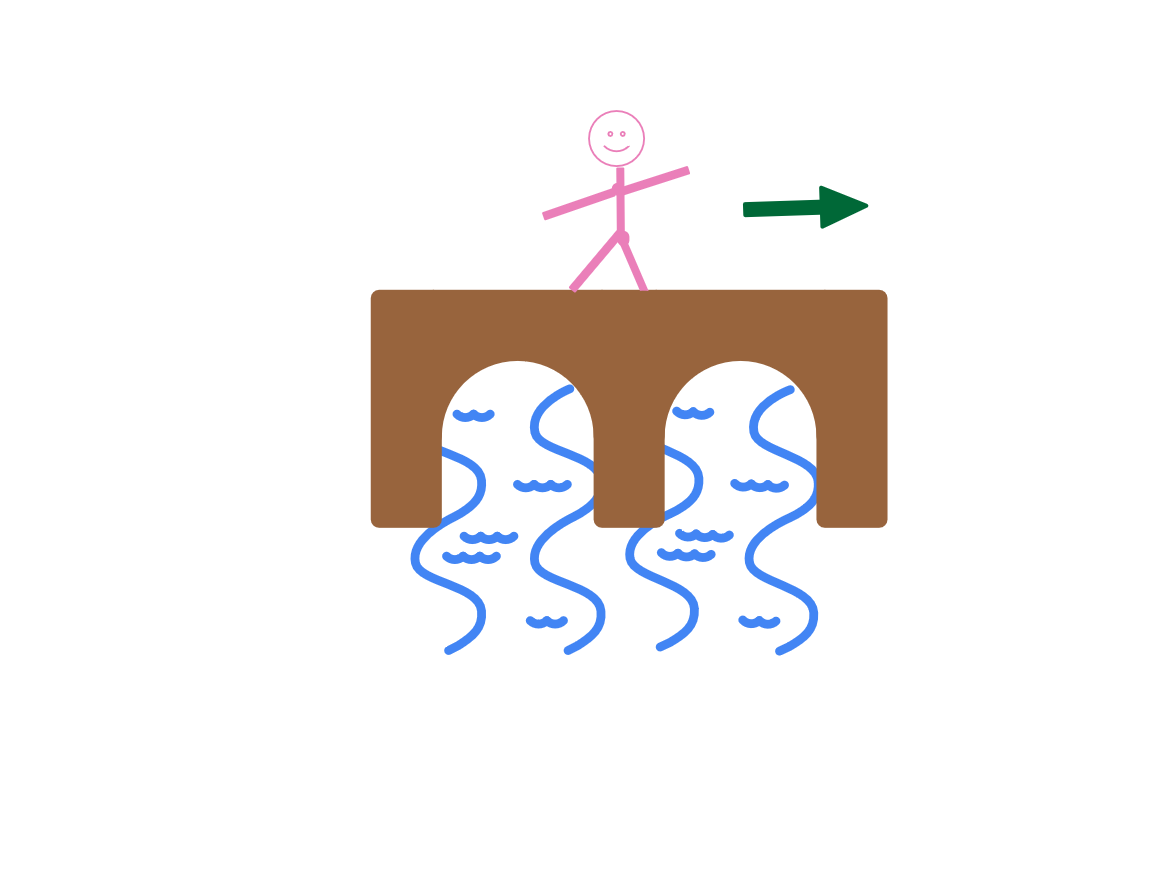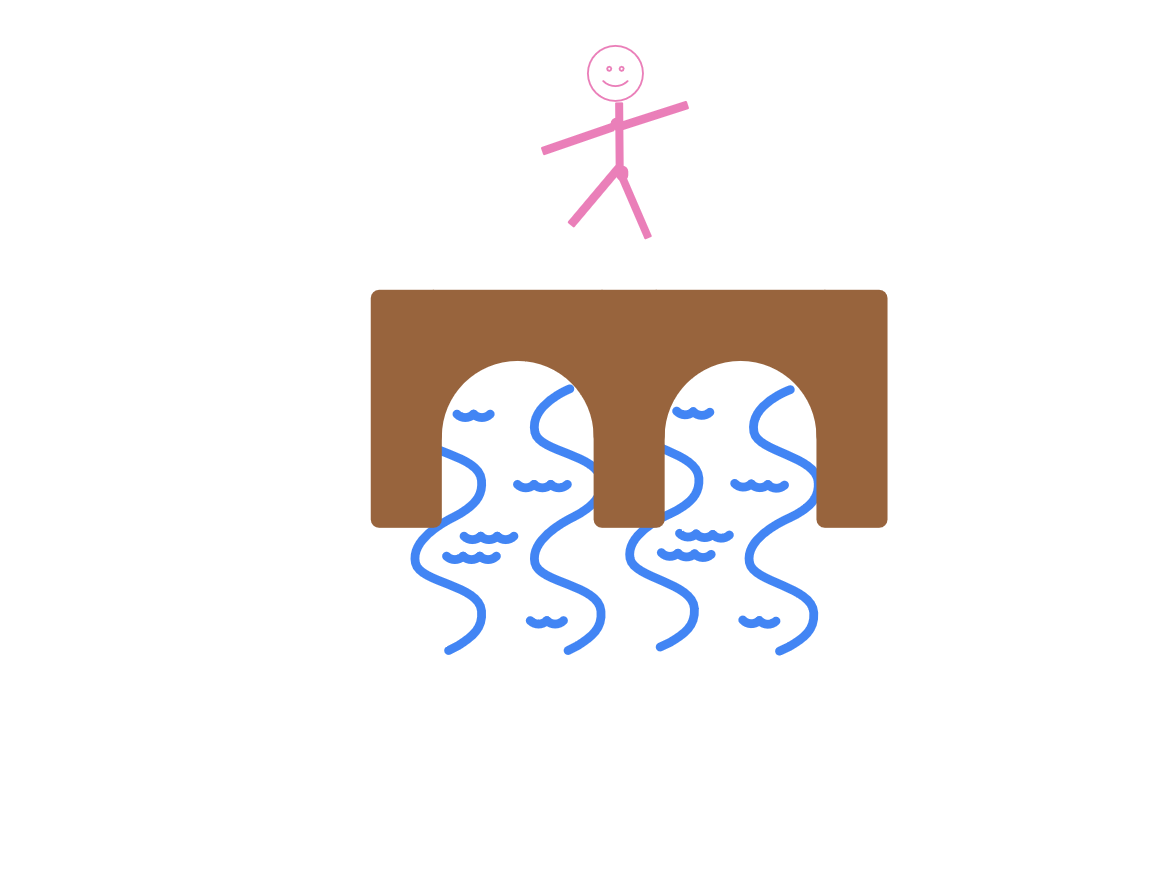How to Use Over and Above - Prepositions
Over and above are two common prepositions that are often confused. There are times when their use can be interchangeable, but generally there are clear rules defining when and where they should be used.
Space (location, position, direction):
Say, for example, that you are lying in bed and covered by a blanket. What preposition would you use to describe the blanket’s position in relation to you – over or above? The answer is over. That is because it is in a higher position than you, yet still connected to you in some way, whether through direct contact and/or covering at least some part of your body.
Now, imagine you’re lying in bed with the blanket over you, and you look up at the ceiling to see a light bulb hanging down. What preposition would you use to describe the light bulb’s position in relation to you? The answer is above. That is because it is in a higher position than you, but not in contact with you. It is unconnected to you.
Above in this context can also be used to describe a particular location. If, for example, you were living in a mountain range overlooking a city, you would say, “I live in the mountains above the city.” The reason that the mountains are above and not over the city is because they are higher than the city, but neither connected nor covering it.
Movement:
Over is a more versatile preposition than above, and can be used to express movement from one side of a surface to another.
For an example of this rule, imagine that you are standing in front of a bridge that leads across a river, and you want to reach the other side. How would you express that intention? Would you say, “I am going to walk over the bridge”; or, “I am going to walk above the bridge"? The correct preposition to use is over, because you will be moving from one side of the bridge to the other while remaining in contact with it:

If you said above the bridge, the picture would look like this:

In both pictures it would also be true to say that the bridge is over the river. That might seem confusing. After all, the bridge is in a position higher than the river yet not in contact with it, so why is above not used instead? The reason is that the bridge is covering some portion of the river, therefore we should use over rather than above. However, while crossing the bridge you could accurately say, “I am above the river”, as you are in a position higher than it while also not in contact.
Over in this context can occasionally share the same basic meaning as the preposition across, which is used to express movement from one side of a surface to another. You might say, for example, “He walked over to me and said ‘Hello’.” That means that someone moved in your direction from another side of a surface and then stopped in front of you. In some cases, the two prepositions can even be interchanged without the sentence losing its meaning. For example, “I walked over the road”, can be changed to “I walked across the road”; and yet it would still mean the same thing.